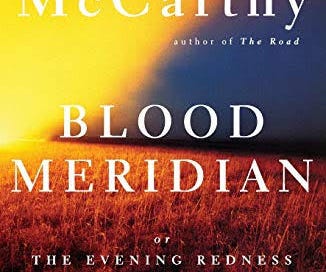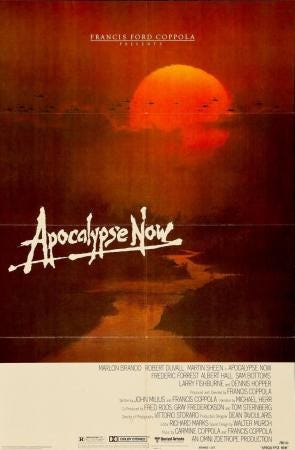Heraclitus continues; “he renders some Gods, some men. Some slaves; others free.” As the patriarch of civilization, War has the power to build us up from the muck of Nature to the heights of Culture - complex art, towering architecture, stable institutions, advanced science. Conversely, War also holds the power to lay flourishing civilizations low, to smite them in their hubris, dismantle all they’ve built, and hand it over to a more worthy son.
To make civilization people must know how to make war. Some cultures are better than others at it, but also some cultures are better *at certain times* at making war than they are at other times. The same culture brought down by war may be the one who, in times gone by, built itself up on war. The peninsular republic of Rome became a Mediterranean empire through centuries of continues war, both with its neighbors and with itself. They came to War as strong men, but it was War that made them great. But the Pax Romana that ensued from their hegemony also led to their weakness, their sloth, and their pampering. They no longer had the stomach for war. As such, the Germans dismantled their civilization and took its revenue for themselves, and went on to reshape Europe into the world dominating culture we know today.
And America made itself on war. As avowed pacifist Howard Zinn details in The People’s history of the United States, America was built on continuous war, with Indians, with the British, Mexico, itself, the world. Zinn, and the left, see this as a bad thing. The conclusion, I presume, is that the civilization built thereby is unworthy of the lives lost in the process. But once a threshold is crossed, some ineffable, metaphysical cultural peak, this war-making begins to eat away at a culture and contribute to its downfall. Perhaps the left sees the downgrading of American quality of life and its hegemonic diminishment on the world stage in the wake of blundering in war - Vietnam, Iraq, Afghanistan - as well-deserved for past transgression, for the crime of waging an “unjust war.” The right, for its part, perhaps believes these wars were not only justified, but blunders directly because we didn’t wage war *enough.* Maybe, some have suggested (like Patton urging us to roll our tanks on Moscow, or Kissinger bombing Laos) the only way to victory is *total war.*
But as Judge Holden points out, it makes no difference *what* they think of war. War *is.* When civilization reaches a point at which it seems maybe war isn’t necessary, or perhaps isn’t the best strategy for accomplishing its goals, it matter not: war endures. Whether we have the stomach for it or not, war presents itself, and we make of it what we can. And while judge Holden waxes philosophical on the inevitability of war, Colonel Kurtz laments the loss of will needed to meet with war.
Kurtz tells a story about when he and a group of Special Forces inoculated a village, the Vietcong came though and hacked of the arms of the children and left them in a pile. Kurtz’s famous comments on “horror…the horror” refer to the strength of will necessary to face the horror of war, to hack off the arms of your children if they’ve been contaminated by contact with the enemy. This is why Kurtz goes native, he realizes that his men, his country, his people, no longer have the will to face the horror, to kill without judgement. The very act of inoculating children precludes that. So he tells Willard: kill me because you must, but don’t pass judgement on me. When you do that, when you kill because one thing is right and another thing is wrong, you start down the path toward losing the will and making value judgements about War. And as Holden tells us, our value judgment on war is as useless as passing a value judgement on stone.
This is also why Judge Holden says he must kill The Kid, because the kid doesn’t have the Will necessary to kill without judgement. Remember the kid showed mercy to one of his compatriots, giving him water and leaving him beneath a bush, when really what needed to be done was an execution - some might even call it a mercy killing. This is the same exact thing that leads to the death of Llewelyn Moss at the hands of Anton Chigurh: Moss showed mercy to the wounded cartel member by giving him water, and this lead to the deaths of himself and so many others at the hand of Chigurh. That is why this country is not for old men, and why war is not for old civilizations: they don’t have the heart for it anymore.





